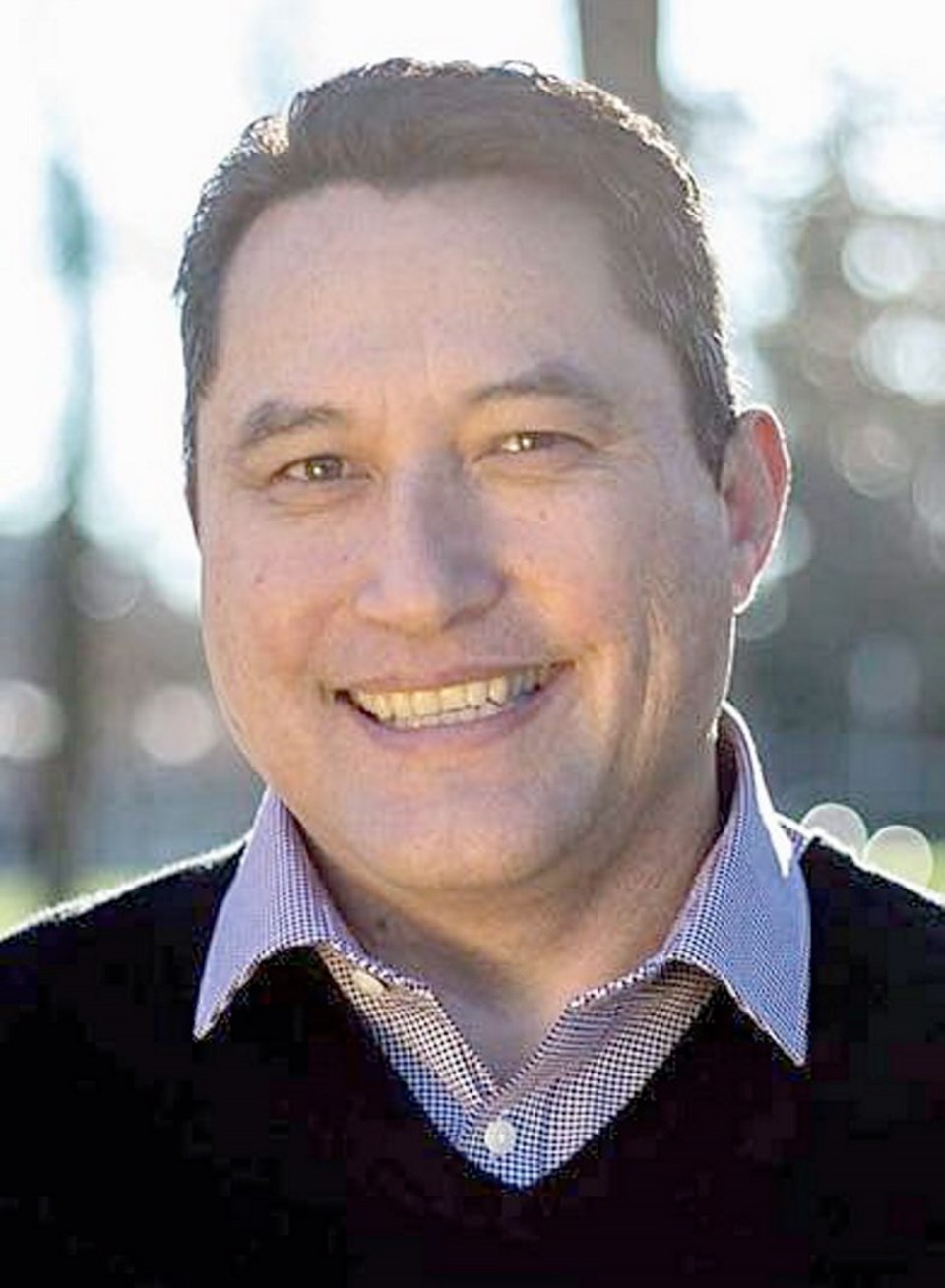A University of Victoria associate professor says the use of Indigenous or First Nations team names “diminishes the mana of a people.”
Paul Whitinui, who is Maori and was a five-sport provincial-level athlete in New Zealand, made his comments in an article this week in the Canadian edition of The Conversation headlined “Washington Redskins finally agree: Dismantling racist team mascots is long overdue.”
The Conversation is a media outlet that publishes news stories written by academics and researchers. The Washington NFL club this week said they will discontinue the franchise’s 87-year use of its derogatory name Redskins. It is a move Whitinui says has been a long time in coming.
Whitinui describes mana as the essence a person carries with them from one generation to the next: “To disrespect, demean or desecrate a person’s mana in any way is to diminish who they are, and in doing so to dishonour all they are and can be . . . to mana-munch a person’s spirit through disparaging, racist and misappropriated mascots and branding is nothing short of dehumanizing the legacy of the living, their ancestors and those yet to be born.”
Whitinui cites the Saanich Braves in his article. The Vancouver Island Junior Hockey League team last week announced it was discontinuing the use of its 53-year name. Belmont Secondary changed its name from Braves to Bulldogs several years ago.
“Team mascots have a role and responsibility to respect the living and build positive relationships that can enhance the spirit of sports we all love and enjoy,” Whitinui wrote.
The Edmonton Eskimos name is also being challenged after 71 years of use in the CFL.
“We had an Inuit storyteller speak at UVic and he was vehemently opposed to the use of the name,” said Whitinui, in a telephone interview.
“He said it is a derogatory term to many who know the language. It means meat-eater, not Inuit. He said [the Inuit] are meat eaters but that does not define them.”
Whitinui said Indigenous peoples and First Nations have every right “to reclaim their rights, logos and brands and to not have them misappropriated or misrepresented.”
Whitinui is an associate professor in the UVic faculty of education, school of exercise science and physical and health education. He is a former basketball, volleyball, soccer and rugby player and avid fan at UVic Vikes basketball games. Whitinui said there is a way that Indigenous- or First Nations-themed names can be respectfully used by sports teams. He cited the Chiefs, the pro rugby team in his hometown of Hamilton, New Zealand, as an example. “The Chiefs have incorporated the cultural protocols of the Tainui, Hapu and Iwi and have upheld their cultural practices in a truly meaningful way in club culture.”
“There is reciprocity and it is a parallel relationship and inclusive. There is a significant consultation process and cultural protocols are respected and incorporated. Because of this relationship [the use of the name] is enhanced, not diminished. That is how the Chiefs keep their name. You have to think of relationships.”
The Saanich junior hockey team, meanwhile, has launched a public rename-the-team contest on its website, or by sending suggestions to SaanichJrBHockey@gmail.com, to replace the Braves moniker it has used since the club’s founding in 1967.
Braves appears among the less contentious of First Nations-themed names. Saanich franchise co-owner Norm Kelly said he has consulted several times with Island First Nations leaders about the name and none he talked to were against its use.
“But times are very different now. We decided we needed to be sensitive and we needed to be the change we want to see,” Kelly said.
“The Braves name is not respectful to our First Nations. The changing of our name [is] an opportunity to contribute to and amplify positive dialogue about race and equality in Canada.”
Kelly said the club, which counts NHLers Matt Irwin and Adam Cracknell among its alumni, will announce its new name before the end of the month.



